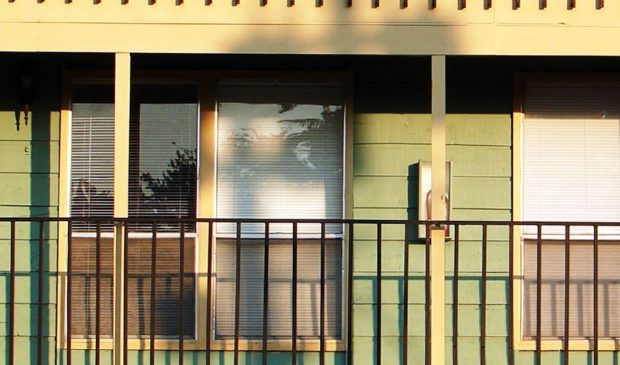Audit praises city’s Covid assistance efforts, with rental payment results mixed
Monday, November 15, 2021 by
Chad Swiatecki An audit found mixed results in the execution of some of the city’s programs created with federal money to provide assistance with the many impacts of the Covid-19 pandemic. A report last week from the Office of the City Auditor found that four programs administered by the Economic Development Department performed well according to city expectations, but that rental assistance programs had many barriers for applicants to receive funding needed to remain secure in their housing situation.
In all, the city received $359.2 million from the two federal initiatives tied to Covid relief, with some General Fund dollars also put toward relief programs. EDD was tasked with spinning up nine programs involving $47 million to help residents, businesses and nonprofit groups manage the effects of the pandemic on their lives and operations.
The main rental assistance program managed by the Housing and Planning Department has thus far used $50 million in relief money to help residents cover their living expenses, with plans to keep some assistance in place – though the report said the city needs to decide how to cover the cost without federal support.
The auditor’s office and the city’s external auditor, Deloitte, reviewed the use of federal dollars, with Deloitte giving a favorable review to the management of the $170.8 million provided in 2020 under the CARES Act.
Deloitte has not yet reviewed use of the $188.4 million from the more recent American Rescue Plan Act.
The four programs the auditor’s office reviewed – Austin Small Business Relief Grant, Austin Non-Profit Relief Grant, Austin Creative Worker Relief Grant, and the Austin Live Music Venue Preservation Fund – accounted for $32.9 million in aid, or 70 percent of the total funding given to EDD for its nine programs.
By sampling 3 percent of award recipients and 1 percent of rejected applicants, the review found in all cases the city correctly determined eligibility for funding. The timeliness of funding being given to recipients varied, with music venue awards going out in one to two weeks after the application period closed.
The longest wait was for small business relief grants, which averaged a 31-day wait from the close of the application period.
Three of the four programs were also reviewed for equity goals, with the percentage of award recipients of Black, Indigenous or people of color heritage exceeding the percentage of total applicants with that classification.
On the rental assistance front, there have been three versions of the Relief of Emergency Needs for Tenants program since April 2020, with roughly 11,000 awardees receiving some of the $50 million given over the first three program iterations.
The city used an outside contractor to help manage applications and payments for the second and third versions because “some community members and tenant advocacy groups noted there were issues with the program that made it difficult for residents to receive assistance, such as requiring a lot of documentation to apply.”
For the third version of RENT, time to funding after the application completion was 23 days on average. Total duration of funding for applicants has gradually increased through the different versions, with the current RENT 4.0 program providing up to 18 months of help using an additional $35 million in federal funds.
The report advises that the city should consider how to continue RENT 4.0 once federal funding ends, noting that the Housing and Planning Department does not appear to have plans to continue rental assistance programs without federal pandemic relief funding. A checklist of principles for equitable rent relief created by Texas Housers says, “Officials should consider how emergency rent relief can serve as a foundation for more permanent solutions to the housing affordability crisis.”
Photo made available through a Creative Commons license.
The Austin Monitor’s work is made possible by donations from the community. Though our reporting covers donors from time to time, we are careful to keep business and editorial efforts separate while maintaining transparency. A complete list of donors is available here, and our code of ethics is explained here.
You're a community leader
And we’re honored you look to us for serious, in-depth news. You know a strong community needs local and dedicated watchdog reporting. We’re here for you and that won’t change. Now will you take the powerful next step and support our nonprofit news organization?






